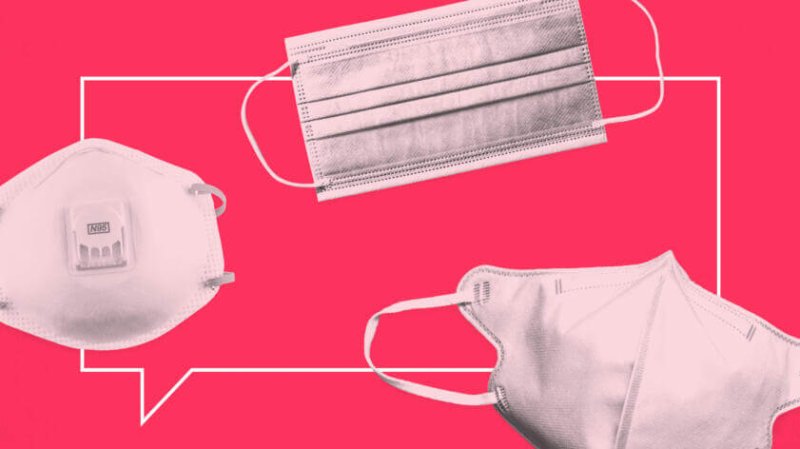Websites and social media users ranging from political candidates to health influencers are falsely claiming a study published on a digital research repository came from Stanford University and proves face masks are ineffective.
In reality, the study is not affiliated with Stanford and is based on debunked claims about face masks, including the false notion that wearing a face covering decreases oxygen levels and increases carbon dioxide levels.
…
Many doctors have taken to social media to debunk claims about oxygen levels and masks, and The Associated Press also has previously debunked false claims about health risks.
Dr. Michael Niederman, a pulmonologist at Weill Cornell Medicine, previously told the AP that wearing masks does not decrease oxygen levels, nor does it increase carbon dioxide levels.
[The study] was first published in November in the journal “Medical Hypotheses,” which writes that its purpose is to “publish interesting theoretical papers.” Articles submitted to the journal are not meant to prove findings using primary data, but instead to advance hypotheses.
The journal has a “long history of publishing fringe science and hypotheses,” according to David Gorski, a surgical oncologist who blogs about medical misinformation.
“Even ‘peer-reviewed,’ this journal is still publishing very low quality speculative articles,” Gorski said.
Read the original post































